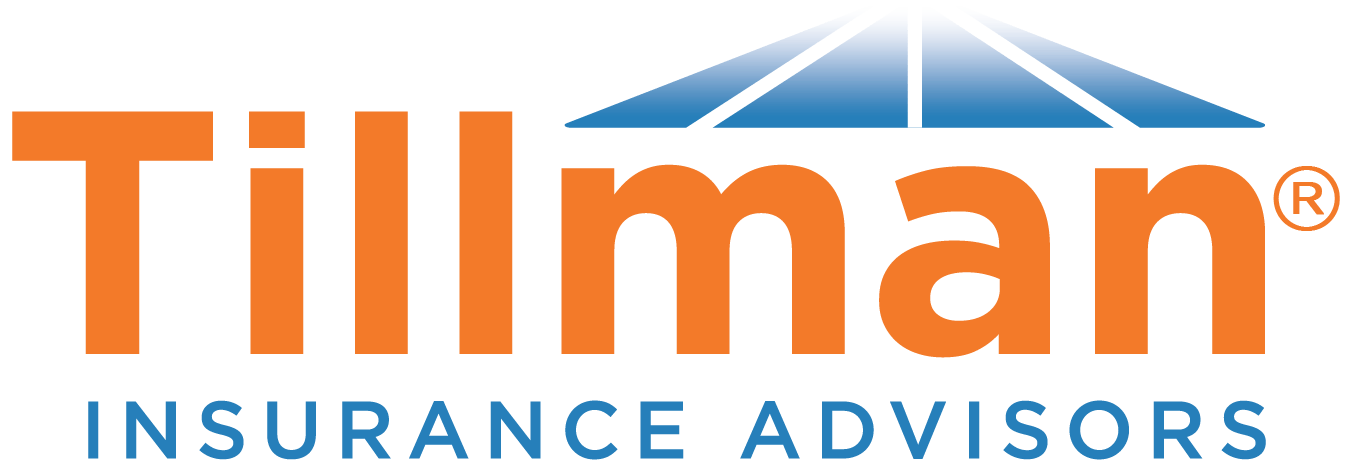- Exactly What You Need.
- (704) 558-7433
- (704) 960-1860
- hello@tillmaninsadv.com
Car Insurance Coverage Explained: What You Really Need

What Every Homeowner Should Know
May 21, 2025
E&O Insurance for Professionals: Protect Your Reputation
May 30, 2025Car insurance is more than a legal requirement — it’s financial protection and peace of mind on the road. Whether you’re a new driver or just reviewing your current policy, this guide will help you understand what car insurance covers, how state minimums compare to full coverage, what affects your rate, and why insurance matters (specifically for North Carolina, South Carolina, and Georgia).
What Car Insurance Covers
1. Liability Insurance (Required in NC, SC, and GA)
- Bodily Injury Liability: Pays for injuries to others if you’re at fault.
- Property Damage Liability: Covers damage to other vehicles or property.
2. Collision Coverage (Optional)
Pays to repair or replace your vehicle after a collision — regardless of fault.
3. Comprehensive Coverage (Optional)
Covers non-collision incidents like theft, fire, vandalism, falling objects, and natural disasters.
4. Uninsured/Underinsured Motorist (UM/UIM) Coverage
(Protects you if you’re hit by a driver with little or no insurance)
- North Carolina: Required by law (must match your liability limits).
- South Carolina & Georgia: Optional, but highly recommended.
What Affects Your Car Insurance Rate
Insurance companies consider multiple factors when determining your premium.
- # of Years Driving: New & elderly drivers pay higher rates.
- Driving Record: Accidents, speeding tickets, and DUIs significantly increase costs.
- Location: Cities with more traffic or higher crime (like Charlotte, Columbia, or Atlanta) may have higher premiums.
- Vehicle Type: Luxury cars and sports models cost more to insure.
- Credit Score: Many carriers use this to determine rates
- North Carolina: Insurers cannot use credit scores to set rates.
- South Carolina & Georgia: Credit is a factor in determining your premium.
- Mileage: More time on the road means more risk — and higher premiums.
Optional Add-Ons Worth Considering
In all three states, you can enhance your policy with additional coverage options:
- Roadside Assistance: Covers towing, flat tires, battery jumpstarts, and lockouts.
- Rental Reimbursement: Helps pay for a rental car while your vehicle is being repaired after a covered accident.
- Gap Insurance: Covers the “gap” between your car’s value and what you owe on a loan if it’s totaled.
- Custom Equipment Coverage: Protects aftermarket parts like custom wheels or audio systems.
- Accident Forgiveness: May keep your rates from increasing after your first at-fault accident (availability varies by insurer).
- Telematics: Allows you to use your driving history or miles driven to lower your rate
Why Car Insurance Is Legally and Financially Essential
- It’s the Law: All three states legally require drivers to carry liability insurance. Failing to comply can result in fines, license suspension, and even vehicle impoundment.
- Financial Protection: Car accidents can lead to costly repairs, medical bills, and lawsuits. Insurance helps cover these expenses.
- Protect Your Assets: Without coverage, you risk personal liability that could impact your income, savings, or home.
- Peace of Mind: Knowing you’re protected allows you to drive with confidence.
Final Thoughts
Whether you’re in NC, SC, or GA, understanding your car insurance options helps you choose the right coverage for your needs and budget. Minimum coverage might meet legal standards, but full coverage and optional add-ons can save you thousands in the event of an accident or emergency.
Need help comparing policies or finding the best rate? Contact us and will explore your options today!





